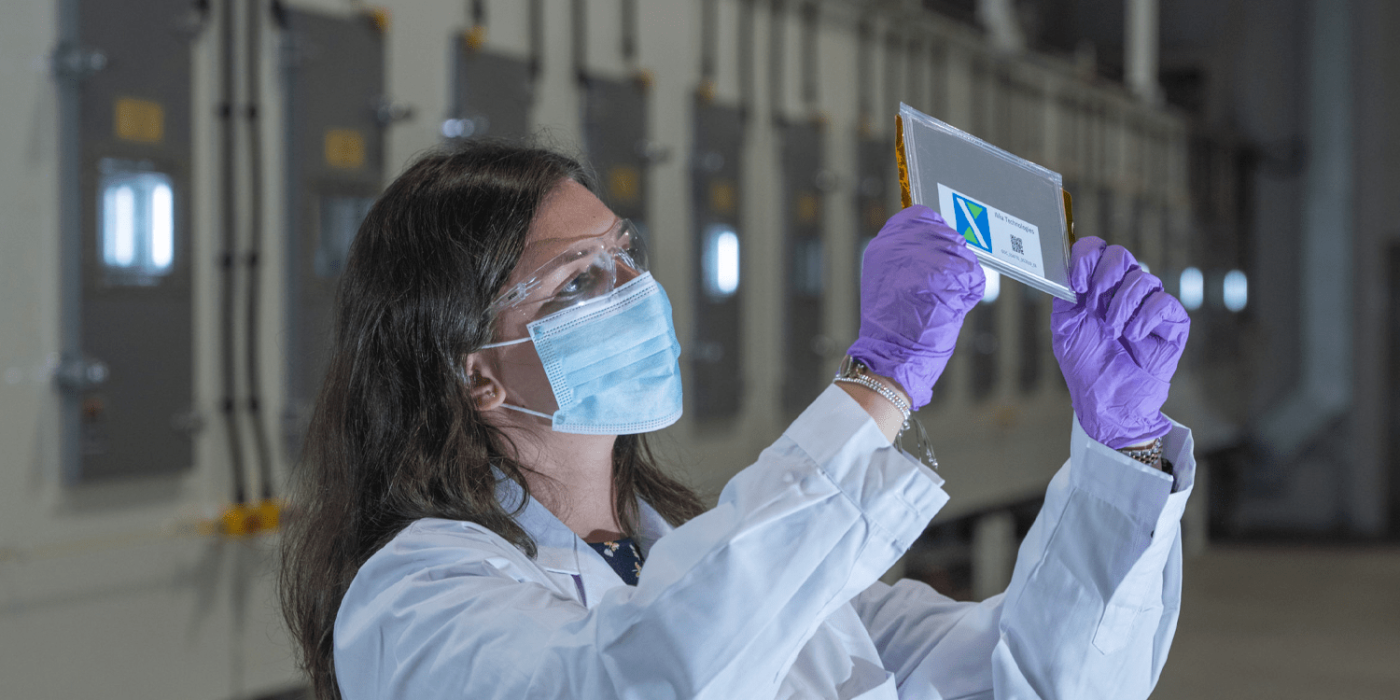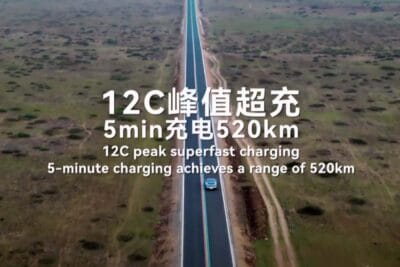UK pledges a record amount of funding for battery R&D
The government of the UK has committed to providing funding in the amount of £211 million for battery research and innovation. The funding will be made available through the Faraday Battery Challenge. In terms of long terms goals, the initiators hope that the future UK battery industry could support up to 100,000 jobs by 2040 and is a central pillar to the growth of key industries. The Faraday Battery Challenge itself was introduced in 2017, and had funding up to 22 million pounds in 2018. This amount has now again been dwarfed by the renewed investment by the company. In 2019, the Faraday Battery Challenge then funded the i-CoBAT project to improve thermal management in high-capacity batteries.
“The Faraday Battery Challenge has brought the UK’s greatest minds and best facilities together to develop the innovations that will help us achieve this goal,” said Business Secretary Jacob Rees-Mogg, while speaking on a visit to the £130 million UK Batter Industrialisation Centre (UKBIC), which is the UK’s “centre of excellence in battery manufacturing”, before adding: “The work it has done since 2017 has laid the groundwork for our future economic success and I am pleased to confirm this work will continue, supported by record funding.”
So far, the Faraday Battery Challenge has supported over 140 organisations working on new transportation technologies across the UK, attracting over £400 million in further private-sector investment. In total, the Batters Challenge was backed by £541 million since 2017. The Challenge has further enabled the Faraday Institution to bring together about 500 researchers across more than 25 universities to improve current and develop future battery technologies, according to the organisers.
“This new funding allows us to strengthen the foundation we’ve created by consolidating and building on the UK’s position to become a battery science superpower,” explained Faraday Battery Challenge Director Tony Harper. “We now have an opportunity to ensure that our national industrialisation infrastructure remains world leading in this fast-evolving critical net zero technology.”





0 Comments